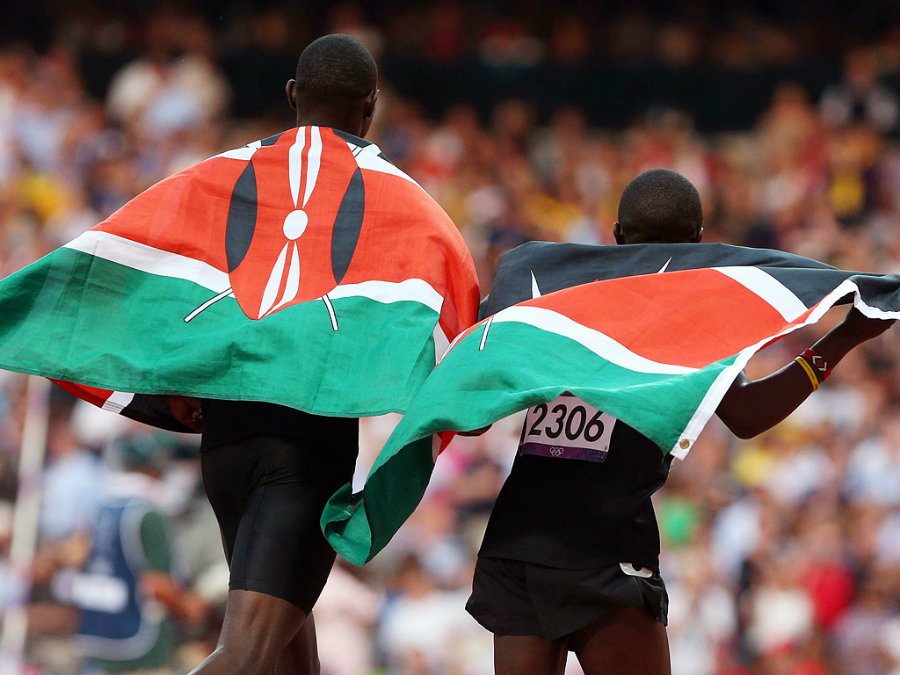John Anzra was sent home by the Olympic committee Thursday after he was caught posing as an athlete in a doping test. He handled a urine sample and even signed some documents. This is the second Kenyan coach that it is ban from Rio 2016, rising concerns about the country’s past reputation regarding doping.
Anzra was caught while he was impersonating Kenyan 800-meter runner Ferguson Rotich. The athlete was tagged for a random drug test.

Coach Anzra delivered a urine sample and signed forms while he was posing as Rotich. He was discovered and then sent home.
In their defense, Anzra and Rotich stated that the whole incident was a misunderstanding. Rotich said that he gave his credential to the coach so he could enjoy a free breakfast at the villa.
The International Olympic Committee created a disciplinary commission to investigate both Rotich and Anzra.
A spokesperson stated that the IOC took into account the decision of the Kenyan Olympic Committee to sent home coach Anzra for violating the anti-doping rules.
According to running great and chairperson of the National Olympic Committee (NOC) of Kenya, said they do not know how the coach was able to get to Rio. The NOC did not sponsor his travel to the Olympics, Reuters reported.
Rotich competed in the men’s 800-meter race Friday morning. He finished fourth when he was in Beijing Olympics.
Anzra is the second Kenyan coach to leave the 2016 Olympics
On Sunday, track, and field manager Michael Rotich was sent home after he was accused of trying to buy doping information from journalists.
Michael Rotich offered to give 10 thousand pounds -which is around $13 thousand- to journalists that pretended to be coaches to know in advance information about the doping tests. An undercover investigation by the Sunday Times and German broadcaster ARD accused Rotich.
Rotich was arrested when he arrived in Nairobi. A judge ordered his detention for four weeks while investigators work in the doping probe. The manager denied the accusations.
On Friday, Kenyan High Court ordered the release of Rotich on SH 200 thousand bails. According to All Africa, Justice Luka Kimaru ordered Michael Rotich release on medical grounds. His lawyer said he has diabetes and a liver condition. The investigation regarding his alleged attempts of bribing journalist will continue.
Kenya has had various cases of doping in that past years, and Kenyan athletes have refused to compete with the country due to mismanagement and corruption.
The recent doping scandals in Rio threaten one more time the country’s banning from the Olympics due to weak laws against drug use in athletes. Since 2011 40 Kenyan athletes tested positive for banned substances.
The World Anti-Doping Agency (WADA) almost refuse to let Kenya participate in the Olympics but changed its mind after the country’s parliament applied new laws regarding doping.
But the warning about Kenya’s regular use of drugs in athletes was reported a few years ago by the two-time gold medallist, Keino. But at the time, government officials ignore his concerns about doping infractions.
Source: Reuters
